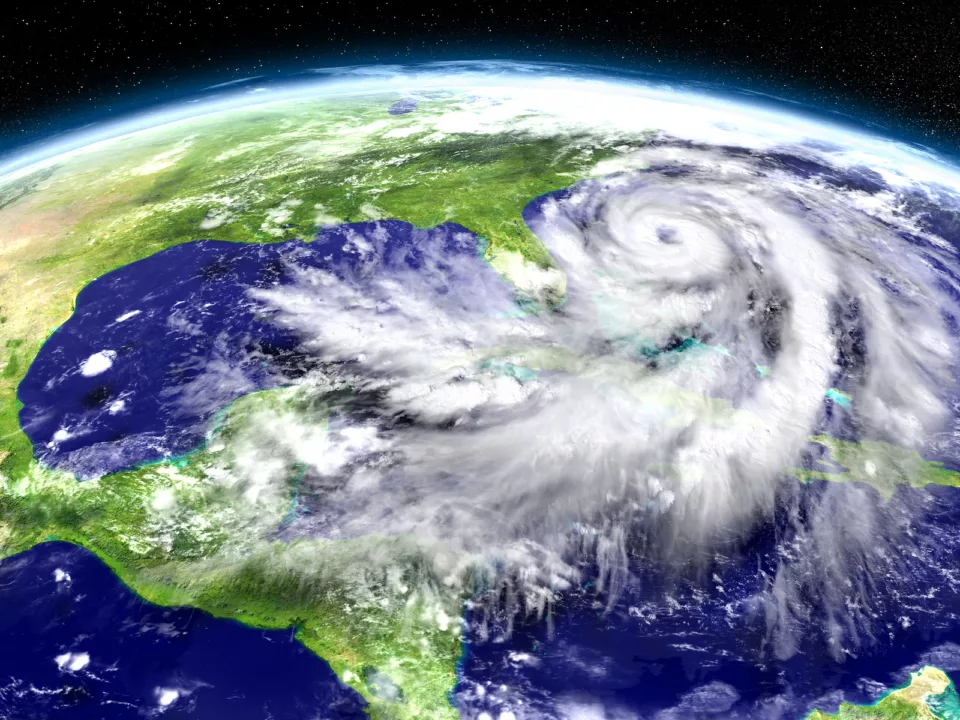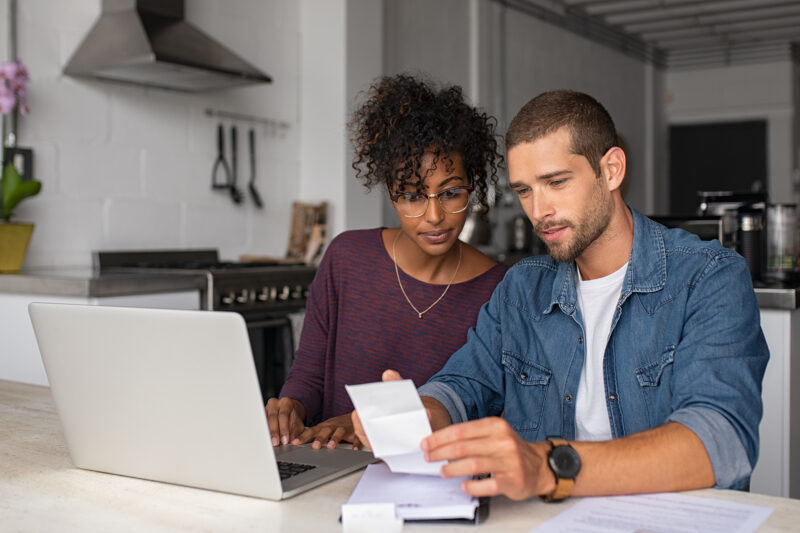Financial Preparedness for Hurricane Season

Hurricane season is upon us and September is also National Preparedness Month. National Preparedness Month is sponsored by the Ready Campaign of FEMA and held each September to encourage Americans to take simple steps to prepare for potential emergencies in their homes, businesses and communities. The Ready Campaign asks individuals to do three key things to prepare for the unexpected:
1) Get an emergency supply kit
2) Make a family emergency plan
3) Be informed about the different types of emergencies that could occur and their appropriate responses.
Something else to consider is your financial readiness in case of an emergency. When it comes to preparing for situations like weather emergencies, financial readiness is as important as a flashlight with fully charged batteries. Leaving your home can be stressful, but knowing that your financial documents are up-to-date, in one place, and portable can make a big difference at a difficult time.
Here are some tips on how you can best prepare your financial information for an emergency:
Conduct a household inventory. Make a list of your possessions and document it with photos or a video. This could help if you are filing insurance claims. Keep one copy of your inventory in your home on a shelf in a lockable, fireproof file box; keep another in a safe deposit box or other secure location.
Buy a lockable, fireproof file box. Place important documents in the box; keep the box in a secure, accessible location on a shelf in your home so that you can "grab it and go " if the need arises. Among the contents:
- Your household inventory
- A list of emergency contacts, including family members who live outside your area
- Copies of current prescriptions
- Health insurance cards or information
- Policy numbers for auto, flood, renter's, or homeowner's insurance, and a list of telephone numbers of your insurance companies
- Copies of other important financial and family records (or notes about where they are) including deeds, titles, wills, birth and marriage certificates, passports, and relevant employee benefit and retirement documents. Except for wills, keep originals in a safe deposit box or some other location. If you have a will, ask your attorney to keep the original document.
- A list of phone numbers or email addresses of your creditors, financial institutions, landlords, and utility companies (sewer, water, gas, electric, telephone, cable)
- A list of bank, loan, credit card, mortgage, lease, debit and ATM, and investment account numbers
- Social Security cards
- Backups of financial data you keep on your computer
- An extra set of keys for your house and car
- The key to your safe deposit box
- A small amount of cash or traveler's checks (financial institutions or ATMs may be closed)
Consider renting a safe deposit box for storage of important documents. Original documents to store in a safe deposit box might include:
Deeds, titles, and other ownership records for your home, autos, RVs, or boats
Credit, lease, and other financial and payment agreements
Birth certificates, naturalization papers, and Social Security cards
Marriage license/divorce papers and child custody papers
Passports and military papers (if you need these regularly, you could place the originals in your fireproof box and a copy in your safe deposit box)
Appraisals of expensive jewelry and heirlooms
Certificates for stocks, bonds, and other investments and retirement accounts trust agreements
Living wills, powers of attorney, and health care powers of attorney insurance policies
Home improvement records
Household inventory documentation
A copy of your will
Choose an out-of-town contact. Ask an out-of-town friend or relative to be the point of contact for your family, and make sure everyone in your family has the information. After some emergencies, it can be easier to make a long distance call than a local one.
Update all your information. Review the contents of your household inventory, your fireproof box, safe deposit box, and the information for your out-of-town contact at least once a year.
Contact a Trusted Advisor
For more information or to speak with one of our trusted advisors about your unique financial needs, contact us at 800-465-2265 or submit an online form.





